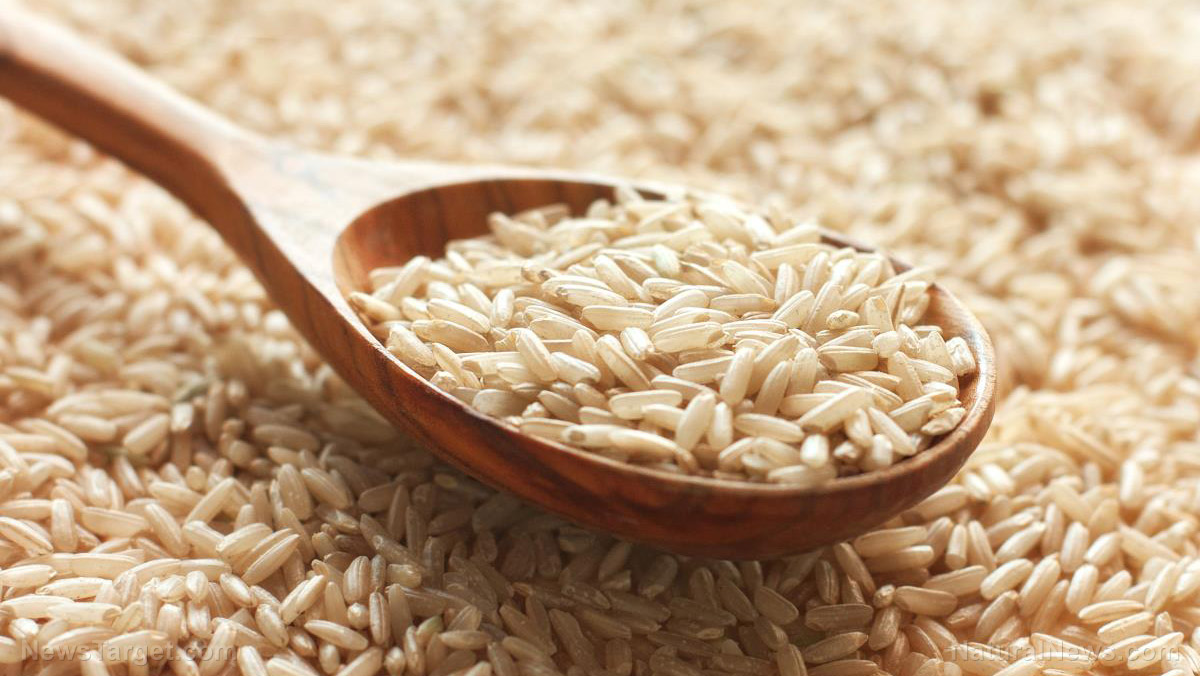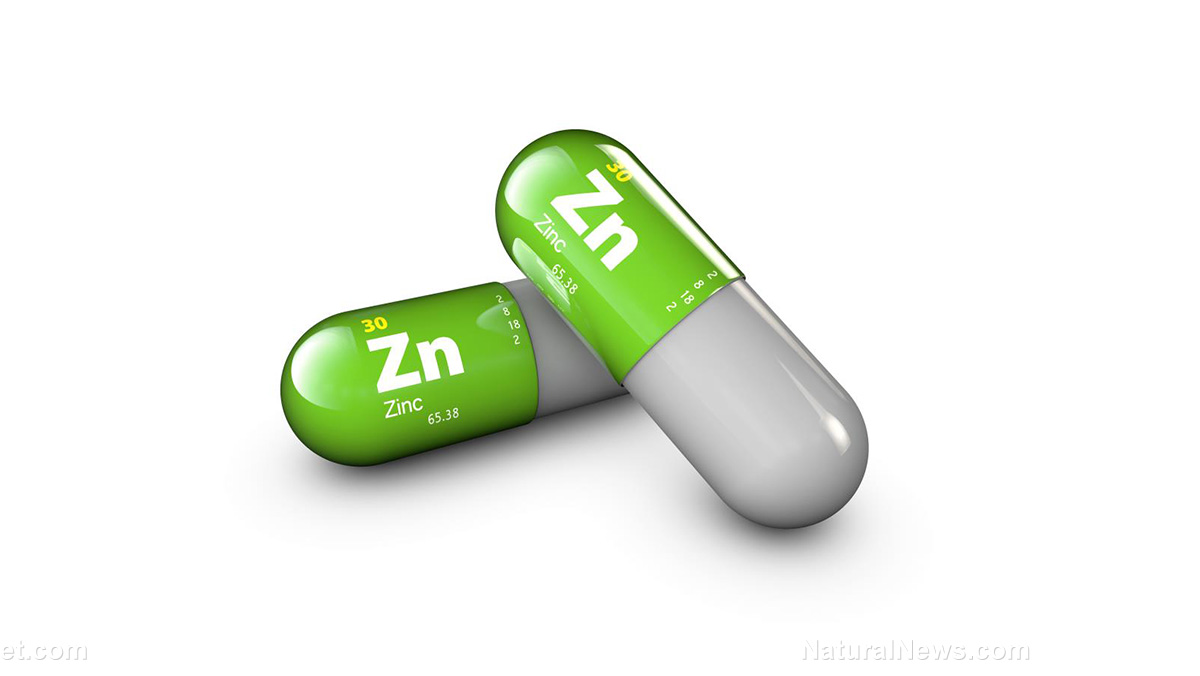You’ve probably already heard how great proper calcium intake is for bone health, particularly in women. However, this nutrient can also be highly beneficial for heart health. You might have actually heard the opposite – that supplementing with calcium can increase a person’s risk of heart disease – but there’s an important distinction to make here: The calcium must come from your diet, not a bottle of pills, to reap the benefits.
In a study that was published in the American Journal of Clinical Nutrition, South Korean researchers looked into the association between a high dietary calcium intake and a person’s risk of cardiovascular disease, stroke, and fractures. They followed more than 4,000 men and women over the age of 50 for an average of nine years. The diet in South Korea is generally low in calcium, so the researchers wanted to explore the connection in depth.
They discovered that women who consumed more calcium from dietary sources had a lower risk of cardiovascular disease, although their risk of fracture or stroke was not affected by their calcium intake. Interestingly, calcium intake was not linked to cardiovascular disease in men in the study.
This finding echoes that of a study published in Journal of the American Heart Association that showed that calcium-rich diets have a protective effect on heart health. Indeed, those who consumed the most calcium had a 27 percent lower likelihood of developing heart disease than those who consumed the least calcium.
At the same time, however, taking calcium in supplement form could raise a person’s risk of arterial plaque buildup and heart damage, with the aforementioned study finding that those who took calcium supplements actually had a 22 percent higher chance of developing heart disease.
Get calcium through a healthy, balanced diet
This could be due, at least in part, to the source of the calcium. Many calcium supplements source the nutrient from calcium carbonate in rocks, which simply can’t compare to the calcium that you get from plants and other foods. It’s also important to keep your levels of calcium balanced with magnesium, which happens naturally when you eat calcium-rich foods like yogurt, milk and leafy greens as they also contain magnesium.
Another reason it’s preferable to get your calcium from food is because these foods protect against kidney stones; taking high doses of calcium supplements, on the other hand, has been linked with a higher risk of kidney stones. Too much calcium in general has been linked to problems like renal insufficiency, soft tissue calcification, and constipation, so it is important to get the right balance.
So how does calcium help your heart? It keeps your blood vessels, nerves and muscles in top shape, and it plays a vital role in blood pressure control. It’s also necessary for vasodilation and vascular contraction. Moreover, it decreases your intestinal absorption of lipids, raises lipid excretion, and lowers the levels of cholesterol in the blood.
Most people who eat a healthy, balanced diet will naturally get enough calcium, but those who are vegetarians or lactose intolerant need to be careful and ensure they’re getting adequate amounts.
Read SupplementsReport.com for more news coverage of dietary supplements.
Sources for this article include:
NCBI.NLM.NIH.gov
NaturalNews.com
BerkeleyWellness.com
ODS.OD.NIH.gov



















